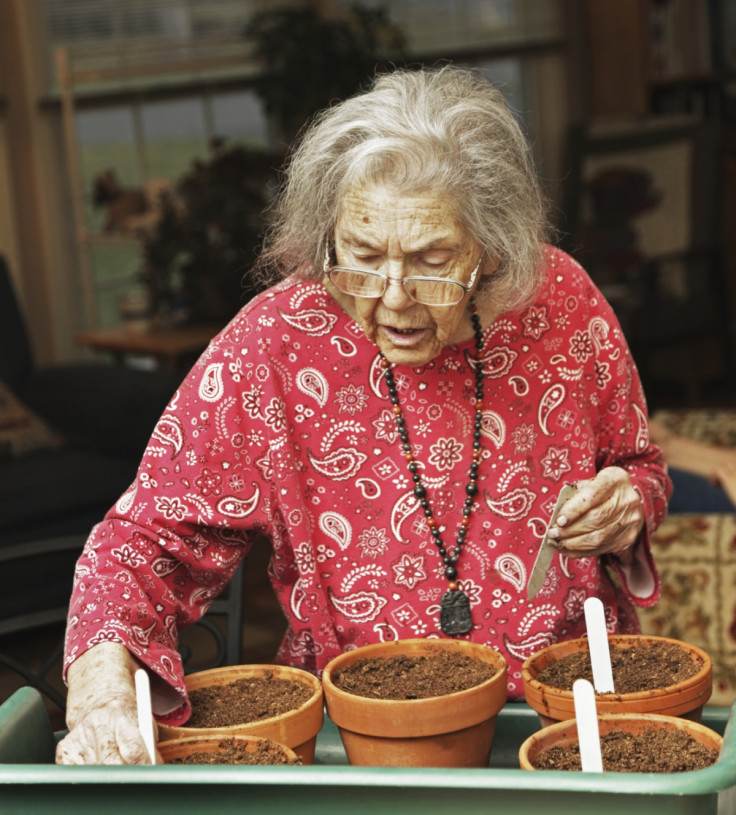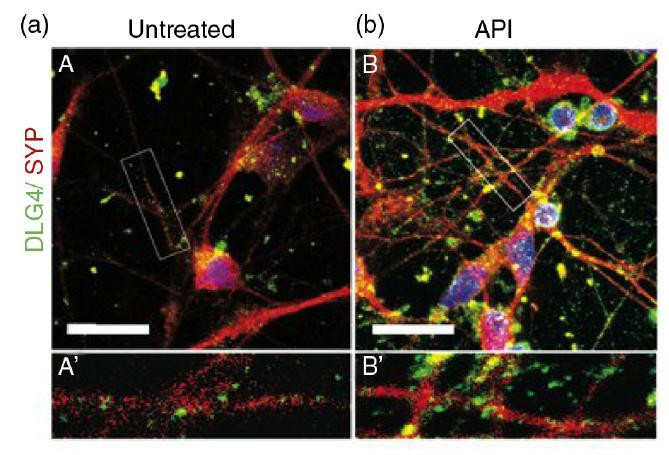Apigenin: Chemical found in herbs and spices prevents neurodegenerative diseases

Herbs and spices improve brain function, and reduce risk of neurodegenerative disorders, say researchers. Research shows that apigenin, a natural compound found in parsley, thyme, chamomile and red pepper, improves the connections between brain cells, resulting in increased memory and learning capabilities.
Scientists from the D'Or Institute for Research and Education believe that apigenin could be used as a viable treatment for neurodegenerative diseases, including Alzheimer's and Parkinson's. The compound binds to oestrogen receptors, a group of proteins found inside cells that help delay these diseases. The research team believes apigenin can be used as the first treatment for oestrogen-based therapy, which does not cause cardiovascular problems or tumours.
"Strong connections between neurons are crucial for good brain function, memory consolidation and learning," said lead author Stevens Rehen. "We show a new path for new studies with this substance."

The study, published in Advances in Regenerative Biology, applied apigenin to human stem cells – cells that can arise as certain other types of cells within the body. They found that the stem cells then changed to neurons after just 25 days. These neurons were also stronger and better connected than other neurons of its type.
Previous investigations have shown that similar chemicals to apigenin help with brain function. Flavonoids, a group of compounds similar to apigenin, have been proved to not only increase the memory and learning function of brains, but also to preserve its function for longer periods of time.
"Flavonoids are present at high amounts in some foods, and we can speculate that a diet rich in flavonoids may influence the formation of neurons and the way they communicate within the brain," said Rehen.
More than 10,000 people die every year from neurodegenerative diseases in the UK. Parkinson's disease is the most common form of death, with over 50% of the total.
© Copyright IBTimes 2025. All rights reserved.






















